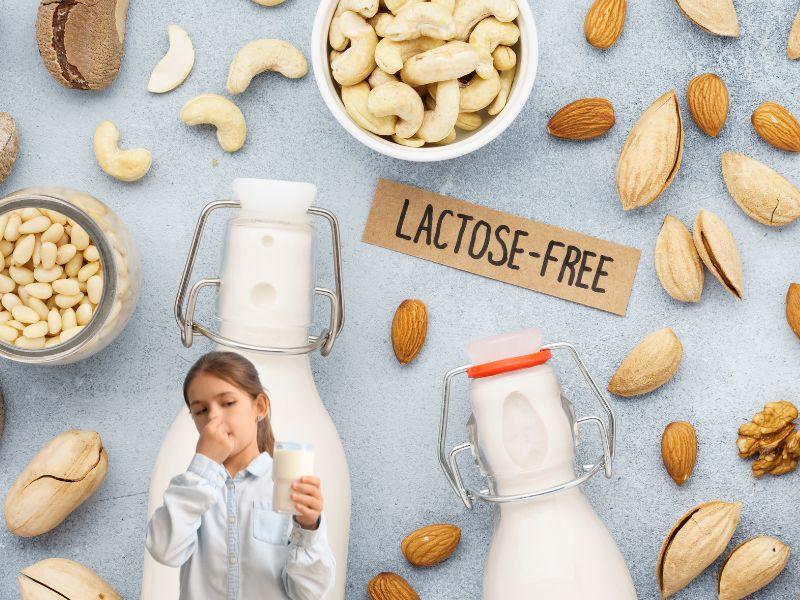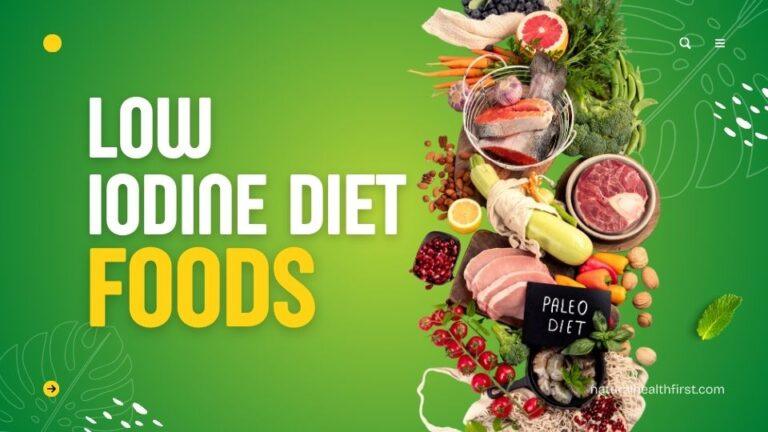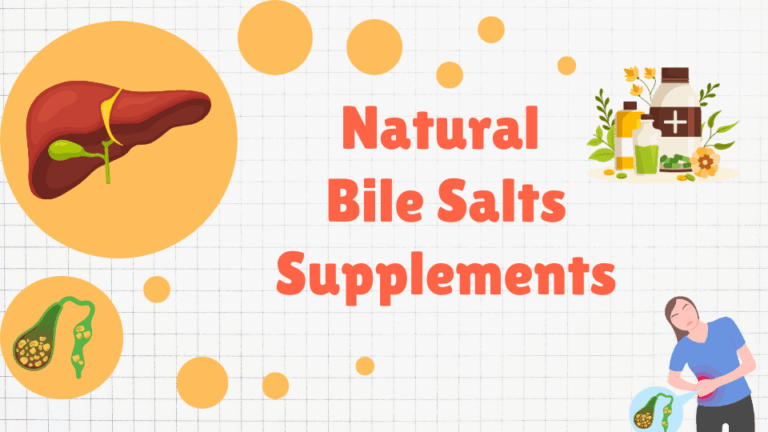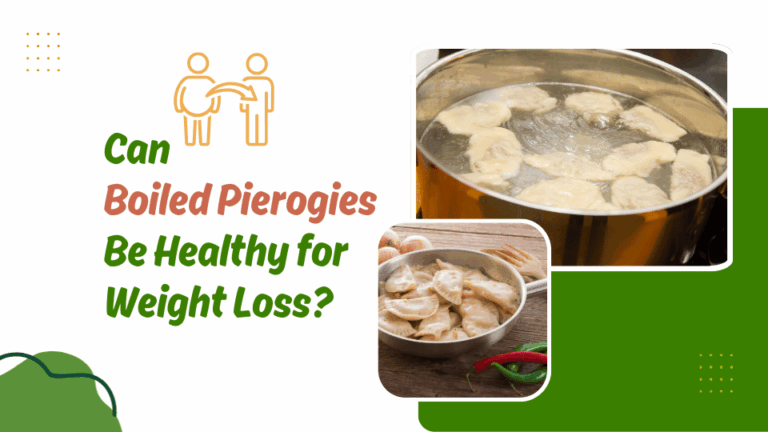For millions managing lactose intolerance, finding the right protein supplement can mean the difference between sustained energy and digestive discomfort. The rise of fitness culture means more people are seeking muscle-building solutions that work for their dietary needs. This comprehensive guide reveals the best protein supplements for lactose intolerant individuals, the science behind the choices, comparison tables, lists, and trending data – along with tips for building a healthy lifestyle with confidence.
Understanding Lactose Intolerance
Lactose intolerance is the inability to efficiently digest lactose, the sugar in cow’s milk. It’s a global phenomenon – affecting around 65% of adults, leading to symptoms like bloating, cramping, and diarrhea after consuming dairy. This condition means being strategic with food selection, especially when seeking high-quality protein sources.
Common Symptoms Include:
- Bloating and gas
- Abdominal cramps
- Diarrhea
- Nausea after consuming dairy
For fitness enthusiasts or anyone aiming for higher protein intake, this intolerance can complicate diet planning. Protein powders are often made from dairy, and consuming them can result in discomfort. Thus, identifying protein supplements for lactose intolerant individuals is crucial.
Explore more supportive advice on choosing personalized supplements in our supplements category.
Why Protein Is Essential
Protein is a fundamental nutrient required for:
- Muscle growth and repair
- Enzyme and hormone production
- Immune function support
- Satiety and weight management
According to health data, adults typically require between 0.8 – 2.0 grams of protein per kilogram of body weight per day, depending on activity level. For athletes or bodybuilders, requirements may be on the higher end of the scale. Meeting these needs without dairy requires careful planning and the use of effective supplements.

Why Traditional Whey Can Be Tricky
Most protein powders are made from whey – a milk derivative. Standard whey protein concentrate contains moderate lactose levels and can trigger symptoms for the intolerant. However, processing advancements offer better solutions, and a new world of plant-based, egg, and specialty blends is available.
Types of Protein Supplements for Lactose Intolerant Individuals
The supplement industry offers a wide range of alternatives to traditional whey protein. Here’s an in-depth look:
1. Plant-Based Proteins
- Pea Protein: Rich in BCAAs, easy to digest, supports muscle recovery.
- Soy Protein: Complete protein containing all essential amino acids, supports heart health.
- Rice Protein: Hypoallergenic, easy on digestion but low in lysine.
- Hemp Protein: High in fiber and omega-3 fatty acids.
2. Lactose-Free Whey Protein Isolate
- Contains less than 1% lactose.
- Provides rapid absorption.
- Popular among athletes seeking fast recovery.
3. Egg White Protein
- High biological value.
- Ideal for lean muscle development.
- Naturally free of lactose.
4. Collagen Protein
- Supports joint and skin health.
- Lacks some amino acids but complements other sources.
Top Protein Supplements for Lactose Intolerant
- Whey Protein Isolate
Most of the lactose is removed during processing. Often contains less than 0.1g lactose per serving, making it tolerable for many. - Hydrolyzed Whey Protein
Extensively filtered – lactose amount is minimal. Also easy to absorb. - Egg White Protein
Dairy-free, complete amino acid profile, highly digestible. - Pea Protein Isolate
Derived from yellow split peas, gentle on the digestive system, and rich in amino acids. - Brown Rice Protein
Provides valuable protein. Often blended with pea for a complete amino acid profile. - Soy Protein Isolate
Complete protein, high digestibility, affordable, popular with vegans. - Hemp Protein
Rich in essential fatty acids, lower in protein vs. pea/brown rice but suitable for mixing. - Pumpkin Seed Protein
Plant-based, protein and mineral-rich, mild taste. - Goat Milk Protein
Lower lactose than cow’s milk, easier to digest for some with mild intolerance. - Nut or Seed Protein Blends
Almond, sunflower, chia: add flavor, protein, healthy fats.
Compare ingredient profiles and choose brands that list “lactose-free” or “dairy-free” explicitly.
Popular Protein Powder Types – Best for Lactose Intolerant
| Type | Lactose Content | Complete Protein | Vegan | Digestibility | Cost | Suitability |
|---|---|---|---|---|---|---|
| Whey Isolate | <0.1g/serving | Yes | No | Excellent | Moderate | Most lactose intolerant |
| Hydrolyzed Whey | Negligible | Yes | No | Excellent | High | Most lactose intolerant |
| Pea Protein | None | Nearly (with rice) | Yes | High | Moderate | Vegan, allergic |
| Rice Protein | None | No | Yes | High | Moderate | Vegan, allergic |
| Soy Protein | None | Yes | Yes | High | Low | Vegan, allergic |
| Egg White Protein | None | Yes | No | Excellent | High | Dairy/soy allergic |
| Hemp Protein | None | No | Yes | Good | Moderate | Vegan, seed fans |
| Pumpkin Seed | None | No | Yes | High | High | Vegan, seed fans |
| Goat Protein | Low | Yes | No | Good | High | Mild intolerant |
Find more low-allergen supplements and cleansing options in our kidney detox tea guide.
Choosing the Best Protein Supplement for Lactose Intolerant Needs
When selecting the right supplement, consider the following factors:
- Dietary Restrictions: Vegans may prefer pea, hemp, or soy proteins.
- Fitness Goals: For muscle growth, soy or whey isolate works best. For weight management, hemp or rice protein is ideal.
- Digestive Health: Rice protein is the most hypoallergenic.
- Flavor Preferences: Some plant proteins have earthy notes; blends often taste smoother.
To learn about balancing proteins with nutrition for weight management, explore our Weight Category articles.
Protein Content in Supplements
Here’s a quick look at how different supplements compare in protein content per 30g serving:
- Whey Isolate: 26g
- Pea Protein: 24g
- Soy Protein: 23g
- Rice Protein: 22g
- Egg White Protein: 25g
- Hemp Protein: 15g
- Collagen: 20g
Clearly, whey isolate, pea, and egg white protein rank among the most protein-dense for lactose-intolerant individuals.
Benefits of Protein Supplements for Lactose Intolerant People
- Muscle Growth: Supports lean muscle development without digestive discomfort.
- Weight Control: Provides satiety, reducing cravings.
- Convenience: Quick to prepare for busy lifestyles.
- Nutrient Support: Many are fortified with vitamins and minerals.
For those looking into broader detox and nutrition benefits, explore Detox Bath for Kids to understand how body cleansing practices affect overall health.

Risks and Considerations
While protein supplements for lactose intolerant people are generally safe, potential drawbacks include:
- Overconsumption leading to kidney strain.
- Artificial sweeteners causing digestive upset.
- Allergies (soy, egg, etc.).
Monitoring intake and consulting with healthcare professionals is recommended, especially if you have pre-existing conditions.
Plant-Based vs. Dairy-Based Supplements
| Feature | Plant-Based | Whey Isolate |
|---|---|---|
| Lactose Content | None | Minimal/negligible |
| Amino Acid Profile | Varies, can combine | Complete |
| Allergens | Free of dairy | Contains dairy protein |
| Calories per scoop | Lower (often) | Moderate |
| Cost | Moderate–high | Moderate–high |
| Digestive Tolerance | High for intolerant users | High for many |
| Flavor options | Earthy, nutty | Neutral, creamy |
Labels and Shopping Tips
- Look for “lactose-free,” “dairy-free,” or “vegan” on labels.
- Check for added digestive enzymes (lactase) especially in whey isolate powders.
- Beware hidden milk derivatives or fillers.
- Mix protein powder with lactose-free milk (soy, almond, oat) for total safety.
- Sample small packs before committing to large tubs.
For more detailed performance nutrition, see our resources in category weight if you’re working towards lean muscle or fat loss goals.
Useful Data and Trends: Protein, Lactose Intolerance, and the Market
- 65% of the global population has some degree of lactose intolerance; 18 – 25% in North America are diagnosed.
- Sales of plant-based protein powders rose 14% year-over-year in 2024 among lactose-intolerant and vegan consumers.
- Whey isolate now outsells whey concentrate in premium fitness markets.
- Pea protein leads the plant segment, followed by soy and rice blends.
Practical Tips for Consuming Protein Supplements Sneakily
- Blend with fruit, nut butter, and non-dairy milk for meal replacement.
- Bake into pancakes, muffins, or bars for hidden nutrition.
- Stir into oats, yogurt, or smoothie bowls.
- Pre-mix for on-the-go consumption post-exercise; avoid leaving in warm environments.
Protein Supplement Recipes for Lactose Intolerant
1. Green Smoothie Protein Shake
- 1 scoop pea protein
- 1 banana
- 1 cup spinach
- 1 tbsp almond butter
- 1 cup almond milk
2. Chocolate Rice Protein Shake
- 1 scoop rice protein
- 1 tbsp cocoa powder
- 1 cup oat milk
- 1 tsp honey
3. Hemp Protein Energy Balls
- ½ cup oats
- 2 scoops hemp protein
- 3 tbsp peanut butter
- 2 tbsp maple syrup
Cost Comparison: Protein Supplements
| Protein Type | Average Price (per lb) | Servings per Container | Cost per Serving |
|---|---|---|---|
| Whey Isolate | $25–30 | 15–20 | $1.25–1.50 |
| Pea Protein | $20–25 | 15–18 | $1.10–1.30 |
| Soy Protein | $18–22 | 15–18 | $1.00–1.20 |
| Rice Protein | $22–26 | 15–18 | $1.20–1.30 |
| Hemp Protein | $18–24 | 12–15 | $1.30–1.50 |
| Egg White Protein | $28–32 | 15–18 | $1.50–1.70 |
| Collagen Protein | $30–35 | 15–18 | $1.60–1.80 |
Try switching to a different type if symptoms appear, and consult a dietitian.
For holistic cleansing tips and digestive support, compare herbal blends in the detox cleansing tea revolution.
Breakfast, Lunch, and Snack Ideas: Protein Supplements for Your Day
Integrating Supplements into a Balanced Diet
Supplements should not replace whole foods but complement them. Combine your protein supplements for lactose intolerant needs with foods like:
- Lentils
- Chickpeas
- Quinoa
- Nuts and seeds
- Tofu
Breakfast: Pea protein shake with banana, almond butter, and chia seeds
Lunch: Brown rice protein stirred into veggie soup or a grain bowl
Snack: Egg white protein “mugcake” or pumpkin seed protein balls
For dinner proteins, add tofu, tempeh, lentils, or fish – never underestimate whole foods.
Final Thoughts: Protein Supplements for Lactose Intolerant Individuals
Lactose intolerance no longer means sacrificing muscle gains or digestive comfort. With careful selection of protein supplements for lactose intolerant diets – such as whey isolate, plant options, and egg or seed proteins – anyone can meet their goals in fitness or health. Pair smart supplement use with real foods and regular activity for best results.
Take the first step to symptom-free supplementation and explore more safe, effective products in our supplements category.
Tailor your routine, track your response, and own your nutrition – lactose-free gains are within reach!
FAQs – Frequently Asked Questions
What are the best protein supplements for lactose intolerant individuals?
The best protein supplements for lactose intolerant individuals include plant-based powders like pea, rice, hemp, and soy protein. These provide complete amino acid profiles, support muscle growth, and digestion without triggering lactose sensitivity issues.
Can lactose intolerant people use whey protein?
Most traditional whey protein powders contain lactose, which may cause bloating and discomfort. However, whey protein isolate has very low lactose content and is usually safe for many lactose intolerant individuals when consumed moderately.
Are plant-based protein supplements effective compared to whey?
Yes, plant-based protein supplements are highly effective. When blended properly, options like pea and rice protein can provide a complete amino acid profile. They are excellent for building muscle, supporting recovery, and aiding weight management.
How do I choose the right protein powder if I am lactose intolerant?
When choosing a protein powder, check for labels like “lactose-free” or “dairy-free.” Opt for plant-based proteins such as soy, rice, or pea, or select whey isolate. Always avoid blends containing milk-based fillers.
Can protein supplements help with weight loss for lactose intolerant people?
Yes, protein supplements can support weight loss by boosting metabolism, reducing cravings, and promoting fullness. Lactose intolerant individuals can rely on plant-based or whey isolate powders to safely manage calorie intake and fat loss.
Are there risks of using protein supplements for lactose intolerant individuals?
Generally, lactose-free protein supplements are safe. The main risk lies in hidden milk-based ingredients in some powders. Reading ingredient labels carefully and choosing certified vegan or dairy-free options helps avoid digestive discomfort.







